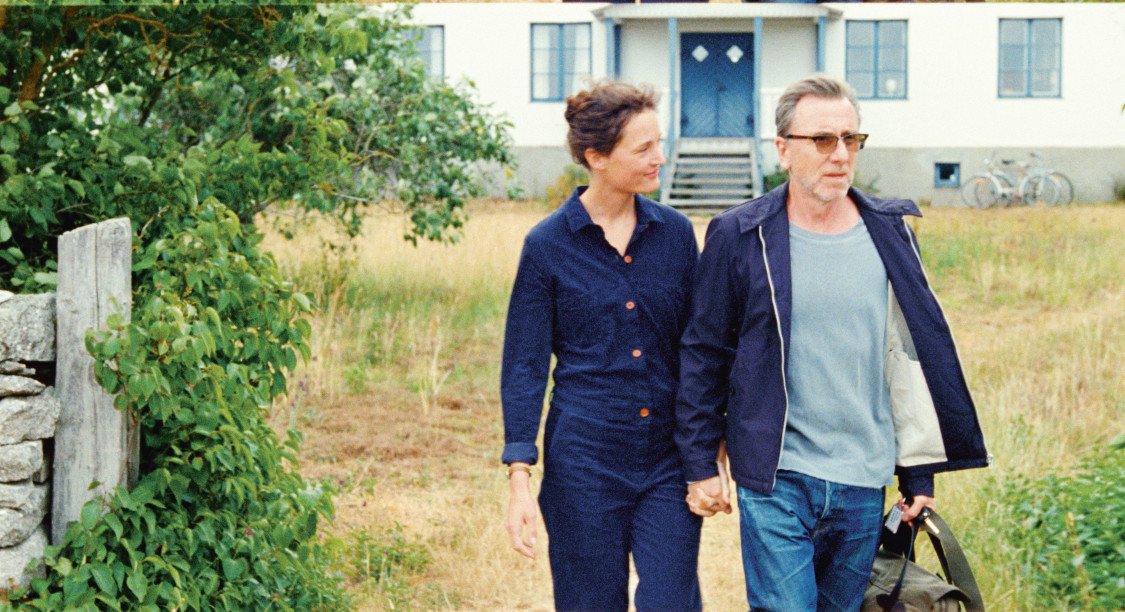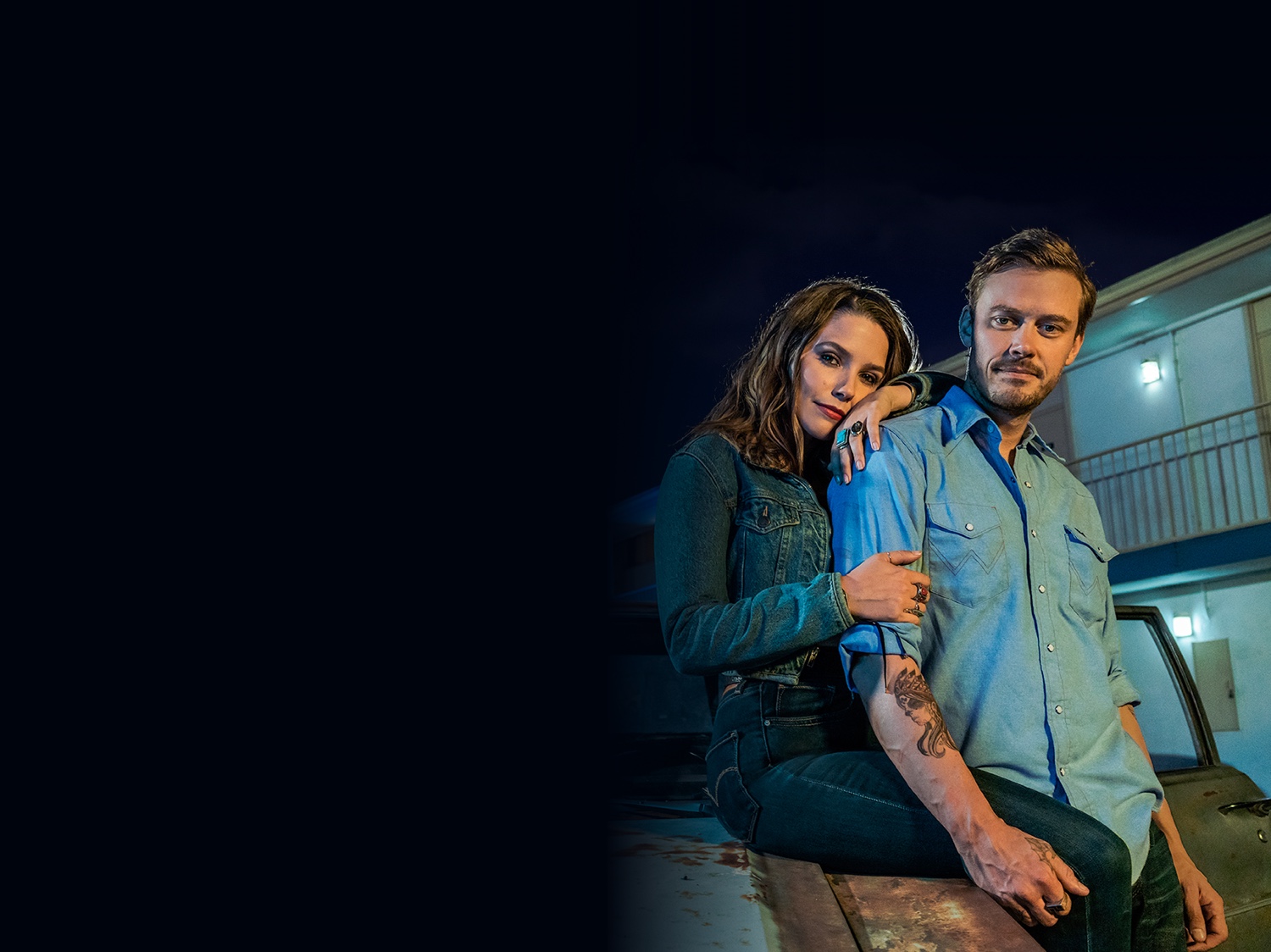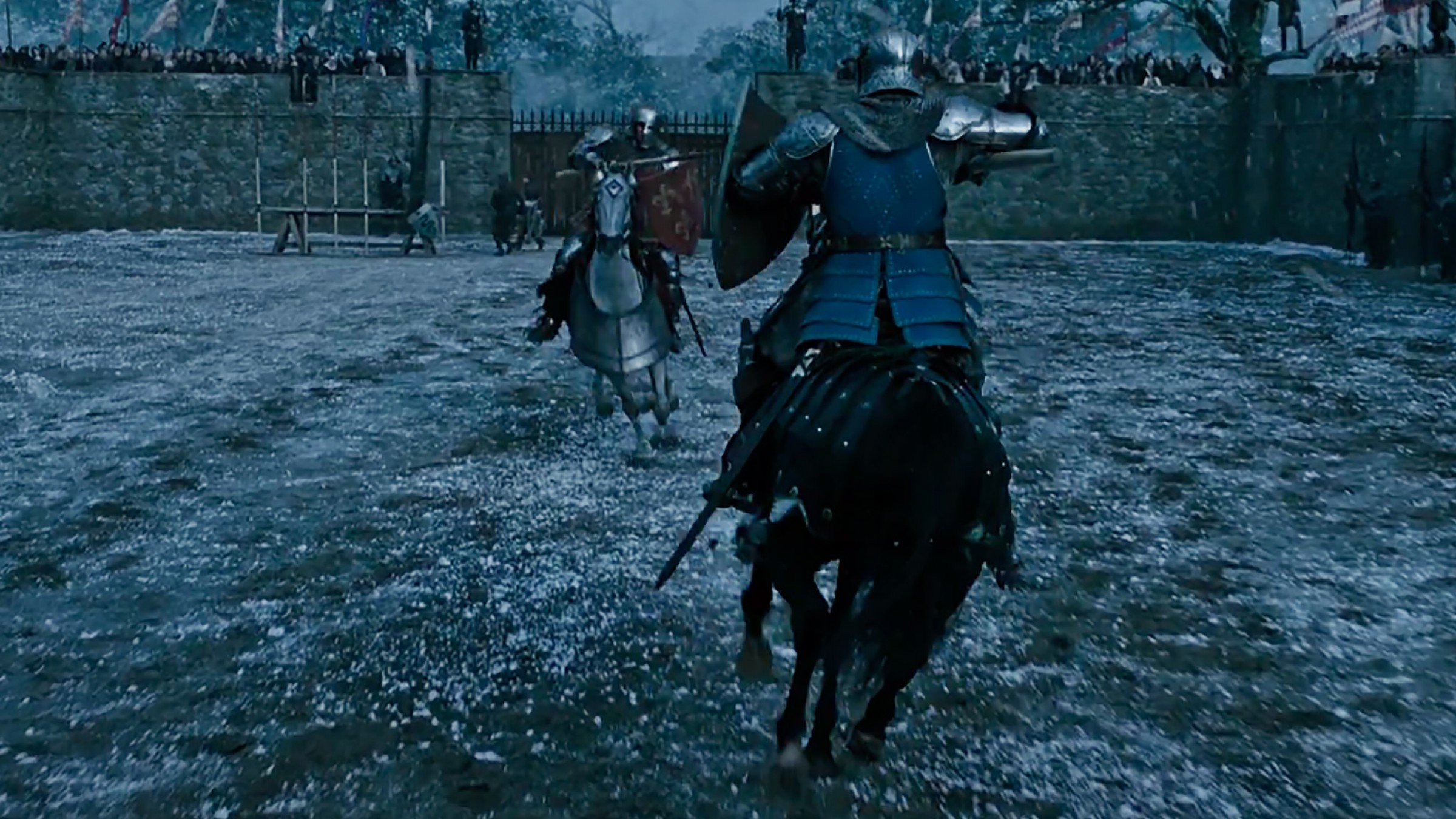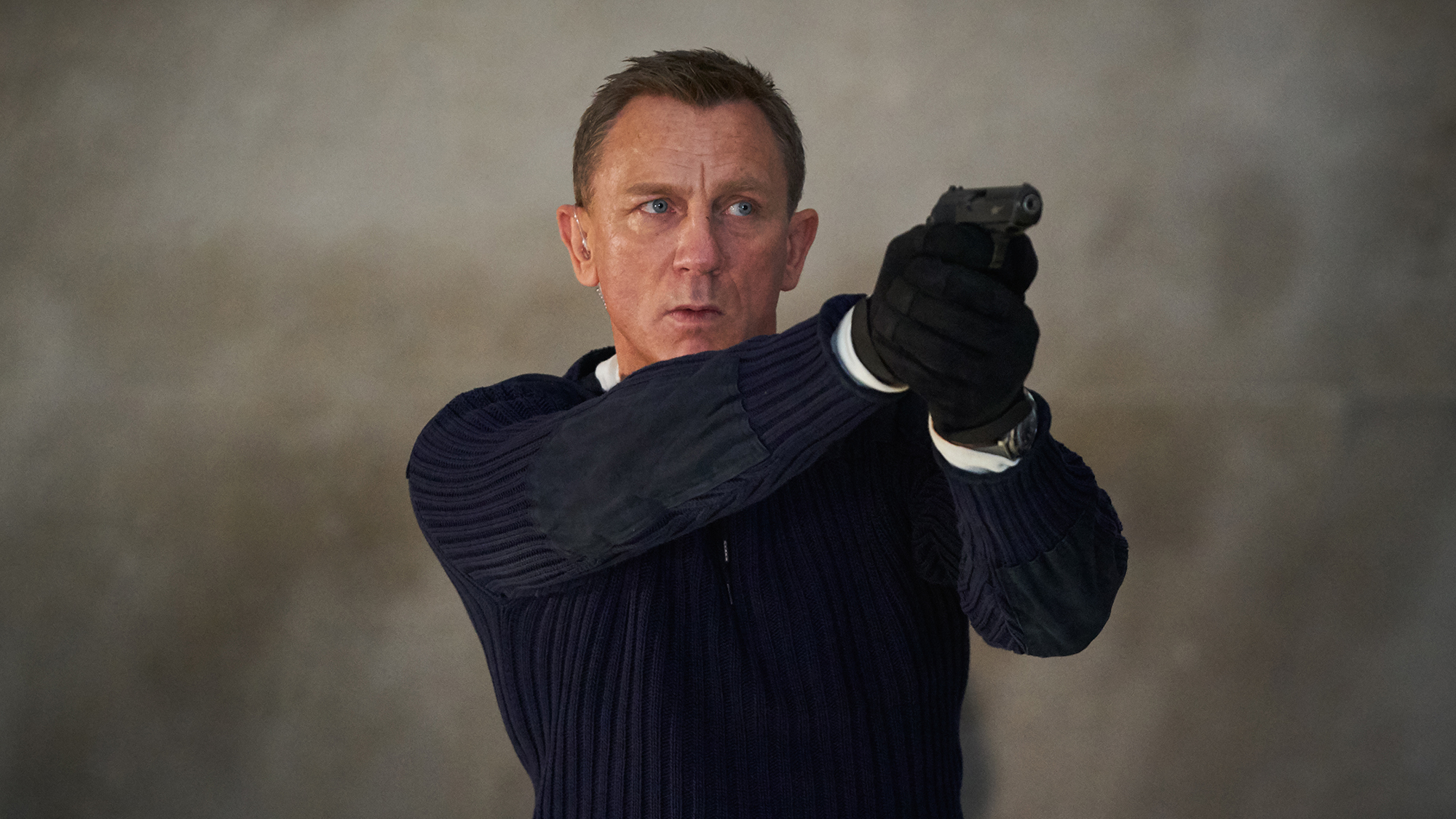Smoke and Mirrors
by Brandon Thomas
The word “Savini” conjures up a lot of historic imagery in the minds of horror fans. From the zombies in George Romero’s Dawn of the Dead to the ground-breaking slasher effects in the original Friday the 13th, Tom Savini has been involved in some of the most iconic horror movies of the last 40 years. In the documentary Smoke and Mirrors, director Jason Baker moves past the well-known effects work, and digs into the personal and the passions of the horror icon.
We’re living in a time where documentaries focusing on filmmakers and other notable TV and movie personalities have become ubiquitous. A lot of these are quite good, but usually end up checking many of the same boxes. Talking heads do a lot of the heavy lifting, and the main subject’s participation isn’t always guaranteed. Thankfully, Savini himself is front and center in Smoke and Mirrors.
Having Savini so involved gives Smoke and Mirrors a larger sense of legitimacy. There’s also a notable difference in focus that might not have happened had the film relied solely on interviews and secondhand accounts. Instead of offering retreads of effects stories he’s told dozens of times before, the film gets deeply personal with Savini. From touching on tragedy he experienced as a child, to the horror he witnessed in Vietnam, Savini doesn’t hold back when discussing the trials he’s faced in his life.
A particularly surprising bit for me was learning just how passionate Savini was – and is – about acting. He comes alive when talking about the stage productions he was a part of and how that opened doors he never dreamed of. There’s a twinge of “What if…” sadness surrounding Savini’s acting career that he delicately dances around due to personal obligations.
Smoke and Mirrors goes out of its way to highlight Savini’s character over his career. The interviews that are peppered in all end up in the same place: talking about what an amazing guy Tom Savini is. The importance of his contributions to cinema is never forgotten, but the value of the man over the work takes center stage.














